More children with disabilities will benefit from early intervention services, with the opening of the expanded Stimulation Plus Early Childhood Development Centre (Stim-Plus).
The facility, located in Rockfort, Kingston, was upgraded through $70 million in funding from the Inter-American Development Bank (IDB).
It comprises seven classrooms, bathrooms, administrative offices, sickbay, physiotherapy rooms, a caretaker’s cottage, and a specialised play area.
With the improvement, the centre, which previously accommodated 126 children, is now able to increase enrolment by at least 40 per cent, adding another 80 children.
Minister of State in the Social Security Ministry Zavia Mayne noted that the upgraded building will advance the growth and success of the disability agenda in Jamaica.
He hailed the partnership with the IBD, while affirming the ministry’s commitment, through the Early Stimulation Programme (ESP), to improve the quality of life of children with disabilities.
“It is a crucial responsibility of the ministry and a duty that we take very seriously,” he said.
Minister of Education, Youth and Information Ruel Reid pointed out that the expansion project is in keeping with the Government’s commitment “to ensure that every child is targeted from birth”.
“We want to make sure that everybody gets an opportunity for full education and proper development,” he noted.
For her part, director at the ESP, Antonica Gunter-Gayle, said that the opening of the upgraded centre “is a bright day in the lives of our children with disabilities”.
She noted that the additional classrooms, along with the services provided, will increase enrolment and enhance the quality of the interventions provided, better enabling the children to realise their full potential.
“Jamaica is on the right path where caring for special-needs children is concerned,” she said, adding that the staff is committed to fostering the cognitive, social and emotional development of the children.
“When they leave here, they must not leave here like they came. We want to make a difference in the lives of our children with disabilities,” she said.
It is a family affair, says parent
For parent Nicola Bright, the Stimulation Plus Early Childhood Development Centre (Stim-Plus) in Rockfort, Kingston, has been invaluable in the development of her nine-year-old son.
She hailed the “very dedicated support” from the staff, noting that “it is just a family affair”.
“The care for the children is just tremendous,” she added.
Bright is encouraging more parents with special-needs children to seek help for them, rather than keeping them at home.
“We are here with children (who have) special needs just like yours. It is okay for you to reach out for help,” she pointed out.
In her remarks, chief of operations at the IDB, Adriana La Valley, said the completion of the project is a “tremendous achievement” for Jamaica and a demonstration that the country is focused on “developing capabilities and expanding possibilities”.
“It is a quality-care educational facility dedicated to providing needed interventions,” she noted.
The IDB official lauded the work of the ESP. “We are pleased to see the wide range of services offered, including its home-based visits,” she said.
… Cherish and treasure facility, Sweeney urges
Jamaica Social Investment Fund (JSIF) Managing Director Omar Sweeney is encouraging the Rockfort community in Kingston to cherish and treasure the newly upgraded Stimulation Plus Early Childhood Development Centre (Stim-Plus).
JSIF provided project management during the construction phase of the centre, which was upgraded through $70 million in funding from the Inter-American Development Bank (IDB).
Sweeny said the agency’s participation in the undertaking is a source of pride, as the facility is dedicated to a vulnerable segment of the society, which is in keeping with the organisation’s mandate.
“The most important thing we can do in today’s Jamaica is set our youth on the right path; there is no cause that is more important,” Sweeny contended.
CHILDREN WITH CHALLENGES
The Early Stimulation Programme (ESP) caters to children from birth to six years with challenges such as cerebral palsy, sensory impairment, autism, Down’s syndrome, developmental delay, psychosocial deprivation and co-morbid behavioural problems such as attention deficit hyperactivity disorder.
The programme’s services fall into two main categories – centre-based and community-based, with the former comprising clinical assessment, re-evaluation, reviews, physical therapy, speech therapy, parent orientation and counselling, and parent-staff training workshops.
The community-based aspect entails home visits by specially trained early-childhood workers called child development officers. They visit homes, basic schools, day-care centres, private, as well as government institutions, to train parents and caregivers to stimulate the child in the various areas of development, such as language, cognitive, self-help, motor and socialisation.
Since its inception in 1975, the ESP has provided early intervention and assessment for thousands of children across the island.

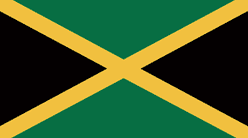
 13
13 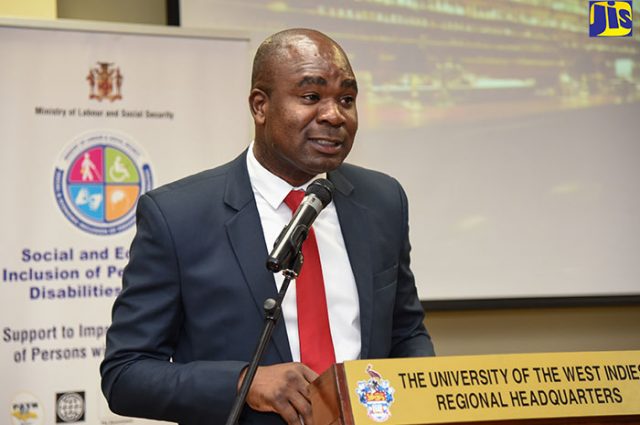 13
13 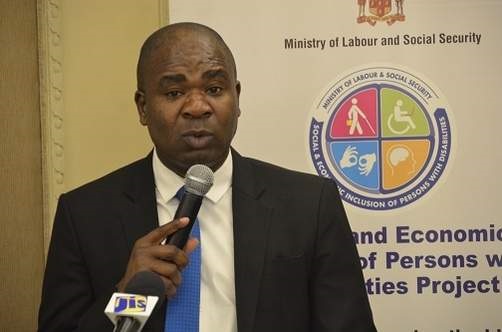 13
13 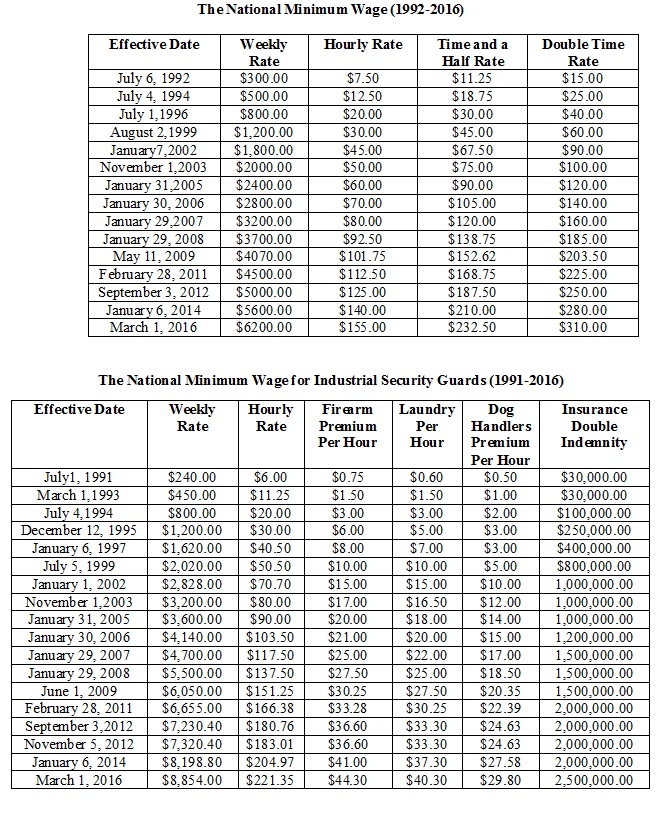 23
23 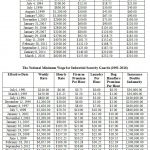
 16
16 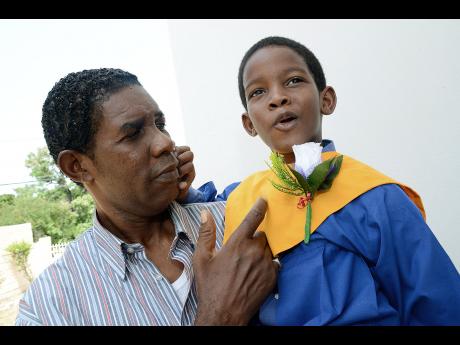 13
13  13
13  12
12  12
12